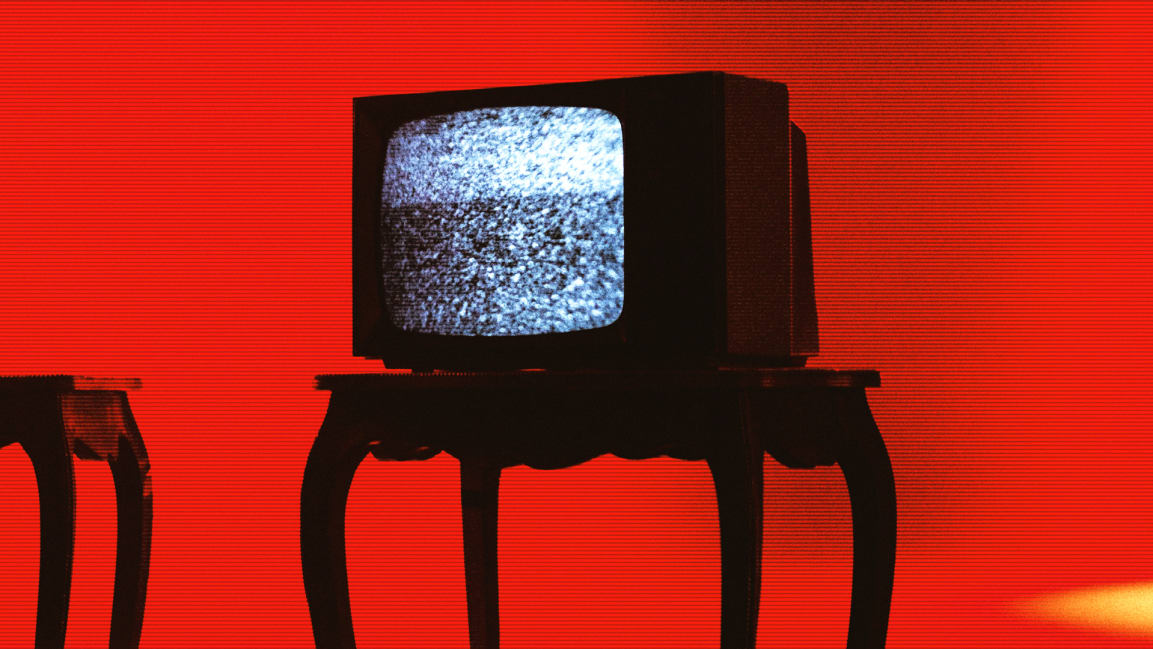Earlier last month, a federal court ruled against Locast, a nonprofit streaming service that transmitted local broadcast signals over the internet, in a rare case that addressed the legality of network programming provided online.
As a result of a clause in copyright law that allows charitable organisations to retransmit broadcast signals, Locast claimed that it was permitted to stream local channels to viewers through its own antennas. The big television networks, including ABC, NBC, CBS, and Fox, were outraged and filed a lawsuit against the organisation almost two years ago.
The four major television networks in the United States — NBC, CBS, ABC, and Fox — are granted a free licence by the federal government to broadcast on the airwaves. Customer costs for what are known as “retransmission permission fees” are levied by the businesses via their cable and satellite providers, and are on the order of $12 or more each month. The payments for broadcasters amount to billions of dollars each year.
Despite the fact that the service was officially free, Locast encouraged users to pay “as little as $5 a month” in order to assist the service continue to operate. Viewers received reminders every 15 minutes or so, and programming was halted until the viewer clicked on the button or refreshed the website.

